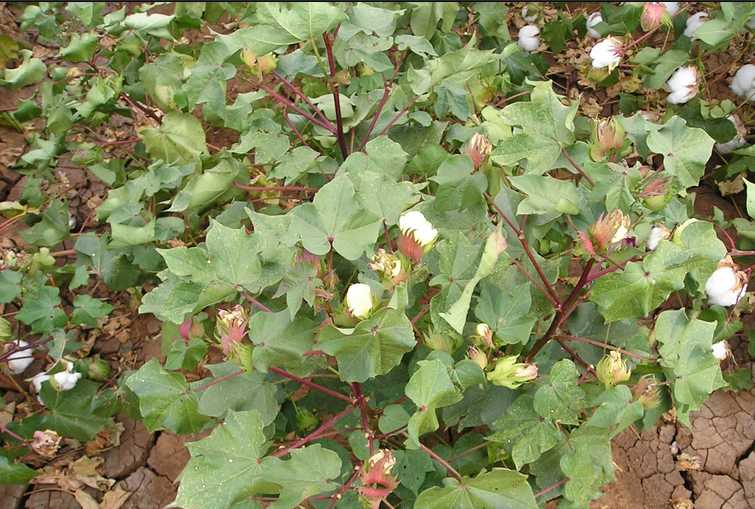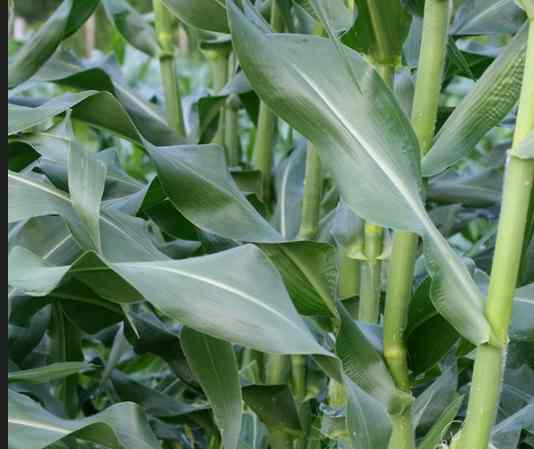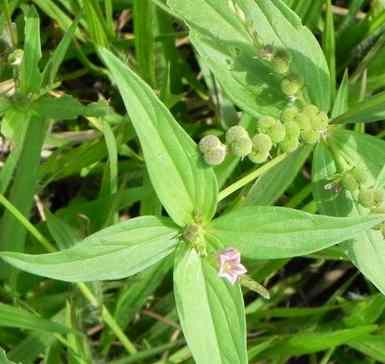
support@yorubalibrary.com
+2348073529208, 07038599574

Ewe Owu, also called Ewe Ogodo in Yoruba, is the Cotton Plant, botanically known as Gossypium barbadense. In Yoruba tradition, this plant is highly known and potent for its medicinal and spiritual significance. The cotton fibers are commonly known for textile production, but the leaves, seeds, and roots of the plant have deep healing and mystical powers.
It is used in Yoruba herbal medicine for wound healing, fever reduction, and reproductive health, while spiritually, Ewe Owu is a powerful protective and cleansing plant, often used in rituals for purity, peace, and prosperity.
Key Facts
Category: Leaf
Botanical Name: Gossypium Barbadense
Common Name: Cotton Plant
Yoruba name: Ewe Owu or Ewe Ogodo
Igbo Name: Nil
Hausa Name: Nil
Health Benefits
1. Heals Wounds and Skin Infections
The fresh leaves are crushed and applied to cuts, boils, and sores to speed up healing and prevent infections.
2. Reduces Fever and Body Heat
Herbal decoctions from the leaves help lower high fever and cool excessive body heat.
3. Relieves Menstrual Pain and Regulates Menstruation
Cotton plant leaves and roots are traditionally used to ease menstrual cramps and regulate irregular menstruation.
4. Boosts Fertility and Supports Women’s Reproductive Health
Some Yoruba herbalists use controlled preparations to support fertility and strengthen the womb.
5. Aids Postpartum Recovery
Ewe Owu baths are used to restore strength, cleanse the body, and promote quick recovery after childbirth.
6. Relieves Stomach Discomfort and Constipation
Mild decoctions are sometimes used to ease stomach pains and improve digestion.
Want to treat common ailments such as Malaria, Cough, Measles, Typhoid, Pile etc naturally without spending much? Grab a copy of Authentic Herbal Solutions: 15 Common Ailments & Their Natural Cures. A practical eBook recommended for everyone regardless of tribe, religion or association. Order below or Download sample here
AUTHENTIC HERBAL SOLUTION #4KOne Yoruba proverb says "Bí olóde ò kú, òde rè kì í wu Gbégi". Do you know that Gbégi is actually a leaf/plant? Get Yoruba Proverbs on Plants and Herbs, which is a collection of Untold Wisdoms Hidden in Leaf and plants comprising their Life Applications & Moral Teachings. Order below or download sample here
YORUBA PROVERBS ON PLANTS #4KSpiritual Use
1. Cleansing and Purification
Ewe Owu is one of the most respected leaves for spiritual baths that remove bad luck, evil eyes, and negative energy.
2. Protection Against Witchcraft and Evil Spirits
The leaf and cotton fibers are used in protective rituals to ward off spiritual attacks and repel witchcraft arrows.
3. Peace and Family Harmony
Sprinkling Ewe Owu water in the home is believed to restore peace, love, and unity among family members.
4. Rituals for Prosperity and Blessings
The cotton plant, symbolizing purity and abundance, is used in wealth and success rituals to open doors of prosperity.
5. Sacrifices and Orisa Worship
Ewe Owu is offered in Yoruba rituals and orisa worship as a sacred plant for healing, protection, and blessings.
Characteristics
⦁ Physical Appearance –
Ewe Owu has broad green leaves, with white cotton bolls enclosed in a protective capsule when mature.
⦁ Taste and Smell –
Slightly bitter herbal taste, with a fresh, leafy aroma.
⦁ Growth Pattern –
Cultivated in farmlands and home gardens, thriving in tropical climates.
Functions
⦁ Traditional Medicine –
Wound healing, reproductive health, fever reduction, and postpartum recovery.
⦁ Spiritual Uses –
Cleansing, protection, prosperity rituals, and peace restoration.
⦁ Cultural Significance –
Cotton is associated with purity, abundance, and spiritual protection in Yoruba beliefs.
Conclusion
Ewe Owu, also called Ewe Ogodo (Cotton Plant – Gossypium barbadense), is a powerful medicinal and spiritual plant in Yoruba tradition.
Have you heard of our Yoruba Herb Dictionary? This contains names of Yoruba Leaf, Roots, Barks, Characteristics, Properties & Identification with HD Pictures. Order below or download sample here
A-Z HERBS & LEAF DICTIONARY #4K
Know more about the Yoruba traditional uses and he…

Learn about Ewe Aran, a potent Yoruba medicinal le…